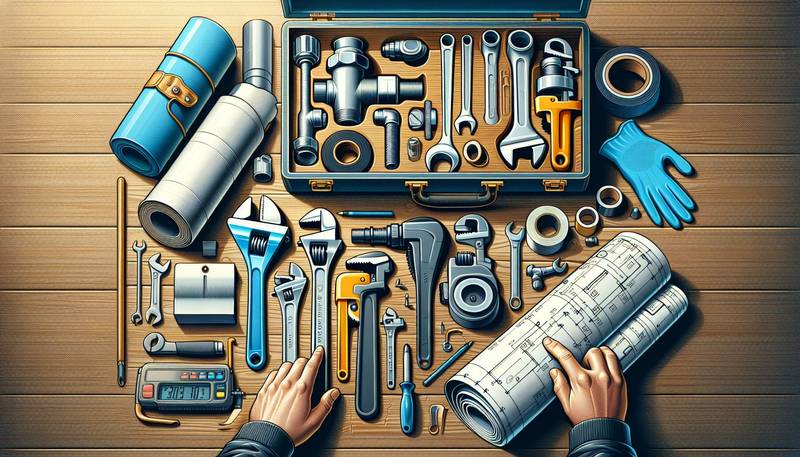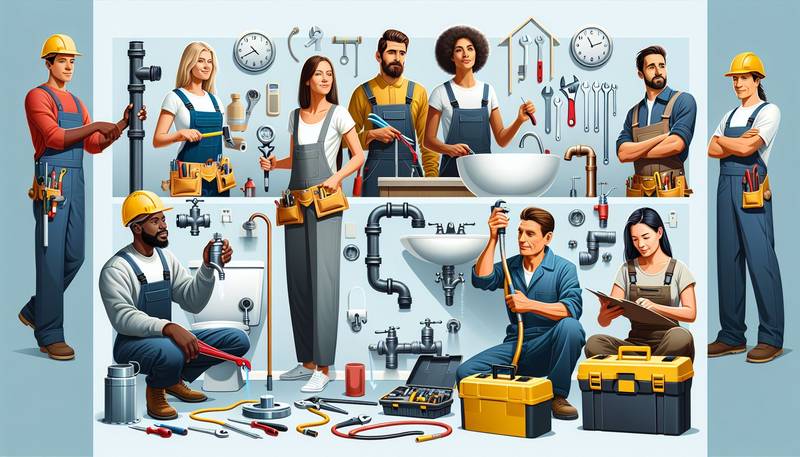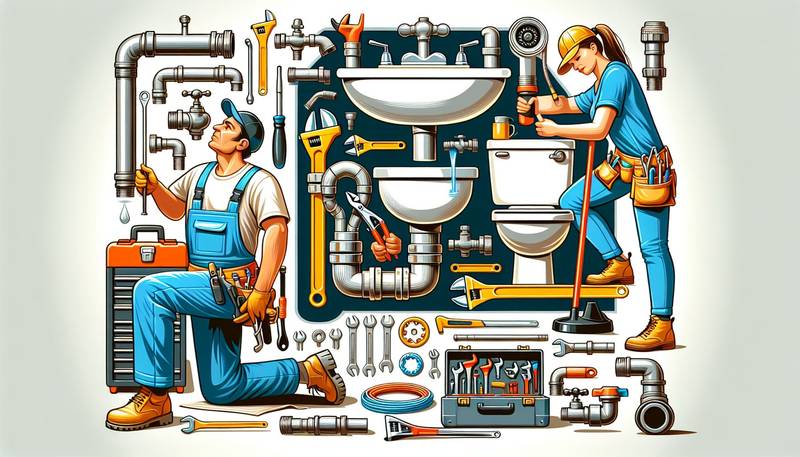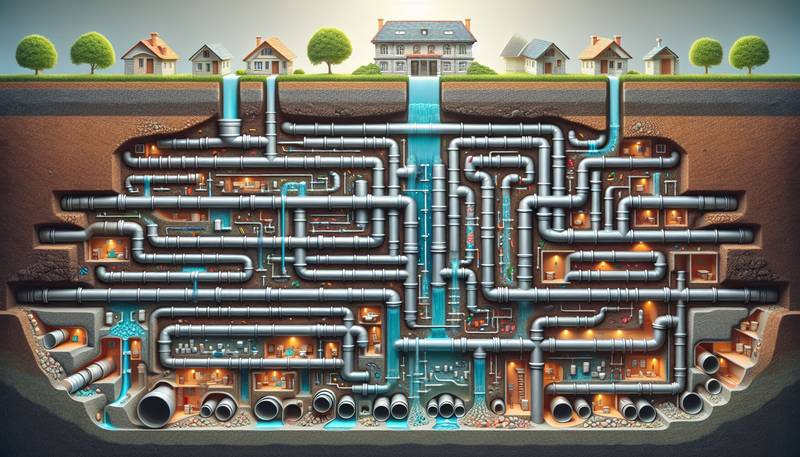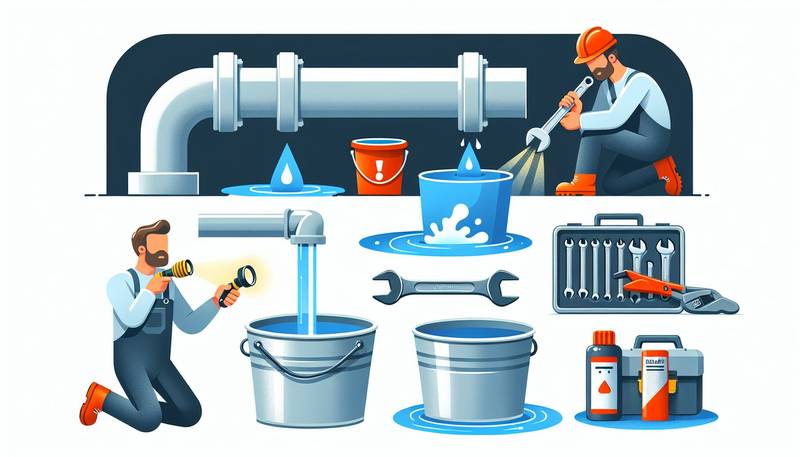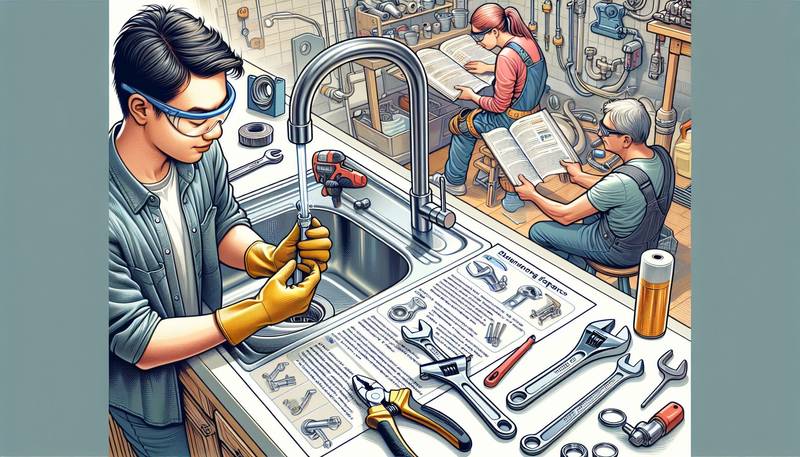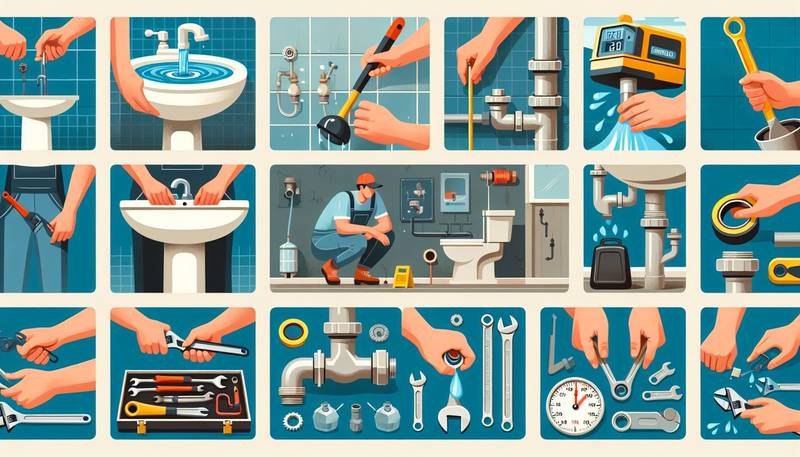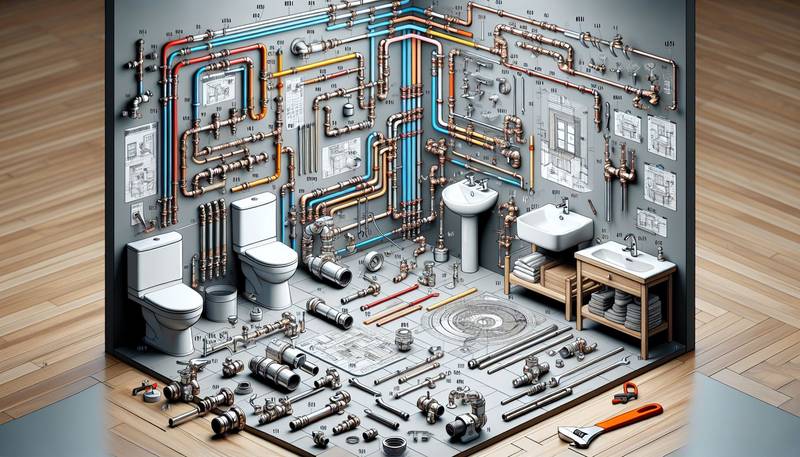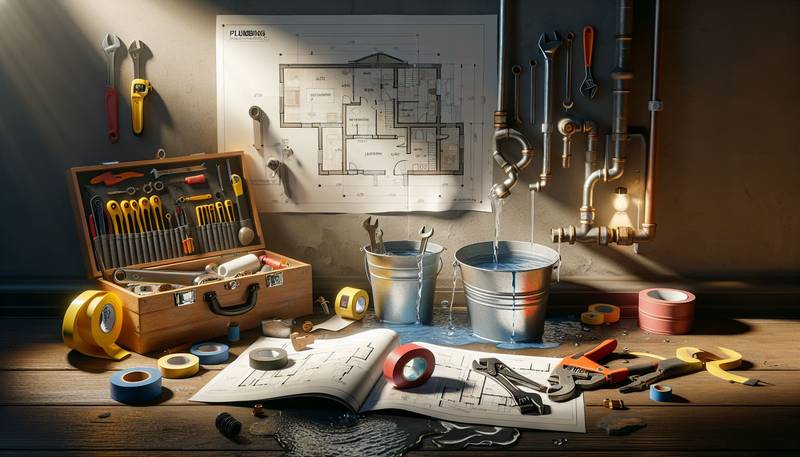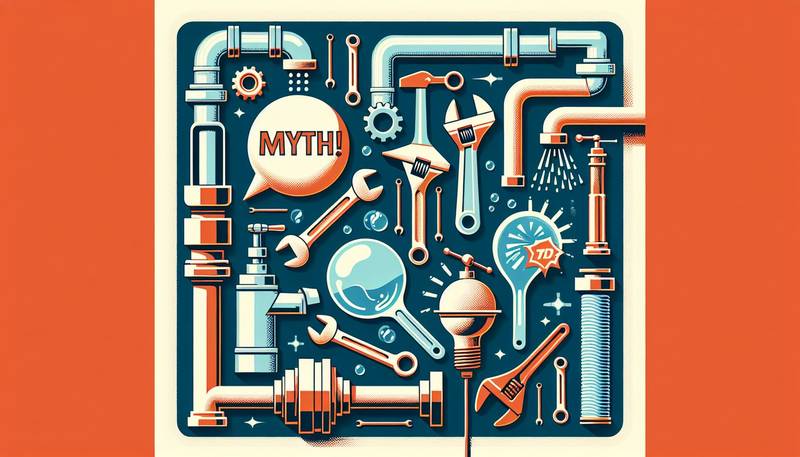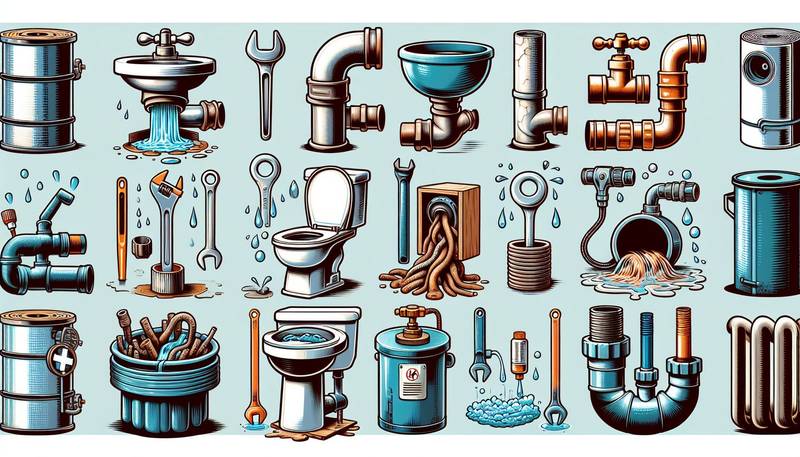Mastering the Art of Plumbing: A Guide for Beginners
In this guide, we will explore the basics of plumbing and provide tips for beginners to become skilled in this trade.
Understanding the Basics of Plumbing
Before diving into the world of plumbing, it is important to understand the basic concepts and components that make up a plumbing system. A plumbing system consists of pipes, fittings, fixtures, and appliances that work together to deliver water and remove waste from a building. These components are connected to a water supply system and a drainage system, which are crucial for the proper functioning of a plumbing system.
Tools and Equipment Needed for Plumbing
Having the right tools and equipment is essential for mastering the art of plumbing. Some basic tools that every plumber should have in their arsenal include pipe wrenches, pliers, pipe cutters, and tape measures. Additionally, specialized tools like augers, pipe snakes, and propane torches may be needed for more complex plumbing tasks. Investing in quality tools and equipment will make plumbing tasks easier and more efficient.
Common Plumbing Issues and How to Fix Them
As a beginner plumber, it is important to familiarize yourself with common plumbing issues and how to fix them. Some common plumbing problems include leaky faucets, clogged drains, and running toilets. To fix a leaky faucet, you may need to replace the washer or O-ring in the faucet handle. For clogged drains, a plunger or drain snake can be used to remove blockages. Running toilets can often be fixed by adjusting the float or flapper in the toilet tank.
Learning Plumbing Techniques
Mastering the art of plumbing requires learning and practicing various plumbing techniques. Some essential techniques that every beginner plumber should learn include soldering copper pipes, threading steel pipes, and installing fixtures. Soldering copper pipes involves heating the pipe and fittings with a torch and applying solder to create a watertight seal. Threading steel pipes is done using a pipe threading machine to create screw threads for connecting pipes. Installing fixtures like sinks, toilets, and showers involves connecting supply lines and drain pipes to the fixtures.
Safety Precautions in Plumbing
Safety should always be a top priority when working on plumbing projects. It is important to wear protective gear like gloves, safety glasses, and ear protection when working with tools and equipment. Additionally, being aware of potential hazards like electrical wiring, gas lines, and asbestos is crucial to prevent accidents. Always turn off the water supply and drain the pipes before working on plumbing systems to avoid flooding and water damage.
Practicing and Gaining Experience
Like any skill, mastering the art of plumbing takes practice and experience. Start by practicing on small projects like fixing leaky faucets or unclogging drains before tackling larger plumbing jobs. Consider volunteering or working as an apprentice with an experienced plumber to gain hands-on experience and learn from their expertise. By continually practicing and learning new skills, you can become a proficient plumber and handle a wide range of plumbing tasks confidently.
Conclusion
Mastering the art of plumbing may be challenging for beginners, but with dedication and the right guidance, it is an achievable goal. By understanding the basics of plumbing, investing in quality tools, learning techniques, prioritizing safety, and gaining practical experience, beginners can become skilled plumbers in no time. Remember that practice makes perfect, and don't be afraid to ask for help or seek advice from experienced plumbers. With perseverance and determination, you can become a master of the art of plumbing in no time.
